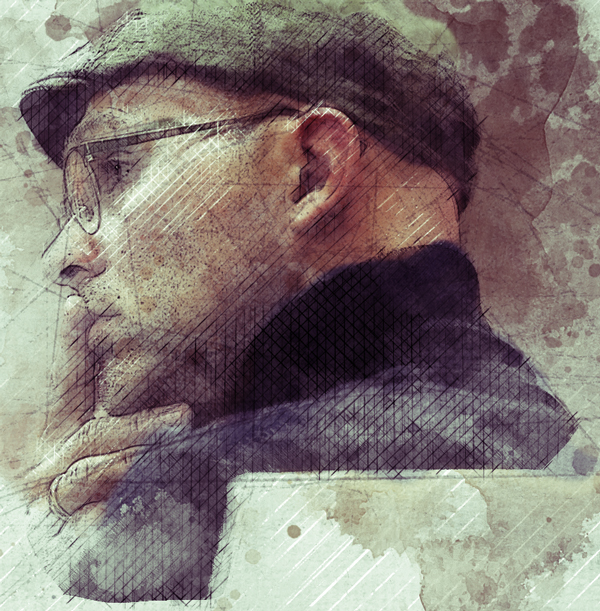hat if …
… what if the equation of anthropology, study of things human, with ethnography, the study and description of an ethnos, were a recent event? And what if one set out to undo this equation? If one were to cut loose the former from the latter?
Actually, what if one were to not only cut loose –– liberate –– anthropology from ethnos/ethnography but from ‘the human’ tout court –– from the conception of the human as ‘Man’ that first surfaced in the 17th century and that has since marked the condition of possibility of the human sciences (chief among them anthropology)?
What if? What would –– what could –– an anthropology after ethnos/after ‘the human’ look like? “
(Rees, After Ethnos, Duke University Press, 2018)
obias Rees holds the William Dawson Chair in the Faculty of Medicine at McGill University and is both a Fellow of the Canadian Institute of Advanced Research (CIFAR) and of the Nicolas Berggruen Institute (Los Angeles).
His expertise lies at the intersection of anthropology, art history, the history of science, and the philosophy of modernity and concerns the study of knowledge/thought. More specifically, he is interested in how categories that order knowledge mutate over time –– because of humans, microbes, snails, the weather, AI or other events –– and in what effects these mutations have on conceptions of the human/the real.
The main areas of Professor Rees’ research have been the brain sciences, global health, the microbiome, and AI (big data based machine learning).
His book publications include:
Designs for an Anthropology of the Contemporary, Durham: Duke University Press, 2008 (together with Paul Rabinow, George Marcus, & James Faubion).
Plastic Reason: An Anthropology of the Effort to Think the Adult Human Brain in Embryogenetic Terms, University of California Press, 2016.
After Ethnos. Forthcoming with Duke University Press. 2018.
CONVERSATION PODCAST AND MATERIALS

